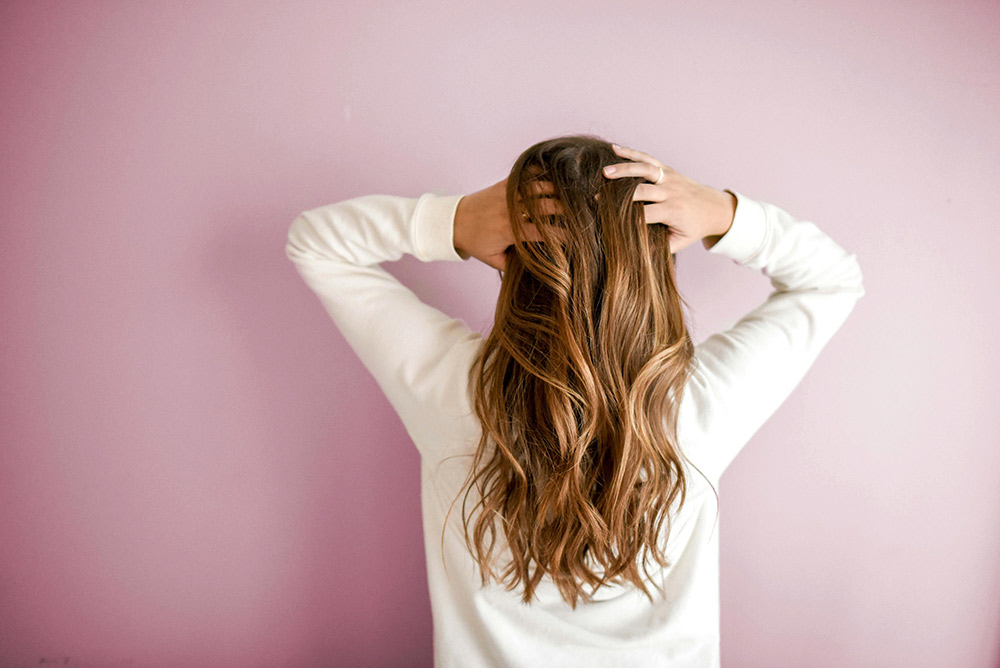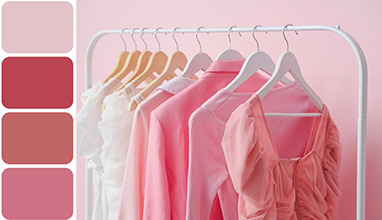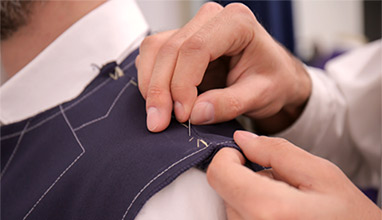Rethinking Haircare When Volume Starts to Dip
It’s a subtle shift at first - your ponytail doesn’t feel as thick, your part looks a little wider, and suddenly you’re wondering if your hair has lost some of its former fullness. If this sounds familiar, you're not alone. Many people, especially women, begin to notice a dip in hair volume at different stages of life due to factors like stress, hormones, age, and even styling habits. But the good news? With the right approach, you can rethink your haircare routine and support fuller, healthier-looking hair.

Photo: pexels.com
Understand the Root of the Problem
Before jumping into solutions, it’s important to understand why volume dips. Hair thinning can result from several causes: hormonal changes (like post-pregnancy or menopause), nutrient deficiencies, tight hairstyles, overuse of hot tools, and even aggressive brushing. Environmental factors such as pollution and harsh weather also take a toll on the scalp and strands over time.
Taking note of any recent lifestyle or health changes can help you determine if there's a root cause worth addressing medically. Meanwhile, updating your haircare routine is a smart and proactive first step.
Reevaluate Your Haircare Products
Many volumizing shampoos and conditioners promise instant results—but these are often temporary and cosmetic. If your hair is thinning, it's time to focus less on instant fluff and more on scalp health and follicle support. Avoid products with harsh sulfates, silicones, or heavy waxes, which can weigh hair down and clog the scalp.
Instead, look for formulas that gently cleanse while nourishing the scalp. Products containing ingredients like biotin, keratin, and peptides can help fortify the hair structure and create a healthier environment for growth.
Treat Thinning Hair Like Delicate Fabric
Thinning hair requires a gentler touch. Minimize breakage by detangling with a wide-tooth comb instead of a brush. Sleep on silk pillowcases to reduce friction and try to limit heat styling to just a few times a week. When you do style, always use a heat protectant spray.
Also, remember that over-washing can strip the scalp of essential oils, so try washing every two to three days instead of daily. And never skip conditioner—just apply it only to the mid-lengths and ends to avoid flattening your roots.
Nourish from the Outside In
A healthy scalp is essential to fuller hair. Scalp treatments, exfoliating scrubs, and restorative masks can all play a role in improving scalp circulation and overall hair vitality. One particularly effective product is this hair mask for thinning hair, which supports fragile strands and helps create a more resilient foundation for growth.
Incorporating such treatments once or twice a week can make a noticeable difference over time, especially when paired with mindful daily habits.
Consider Your Lifestyle
Hair health mirrors overall health. Eating a balanced diet rich in iron, zinc, protein, and omega-3 fatty acids supports stronger strands. Regular exercise and stress management - like meditation or deep breathing—also help regulate hormones that impact hair growth cycles.
When hair starts to lose its volume, it’s more than just a cosmetic concern—it can feel like a loss of confidence. But by approaching thinning hair with care, intention, and the right products, you can make meaningful improvements. With time and consistency, your hair can feel fuller, healthier, and more you again.
Hits: 1153 | Leave a comment

















